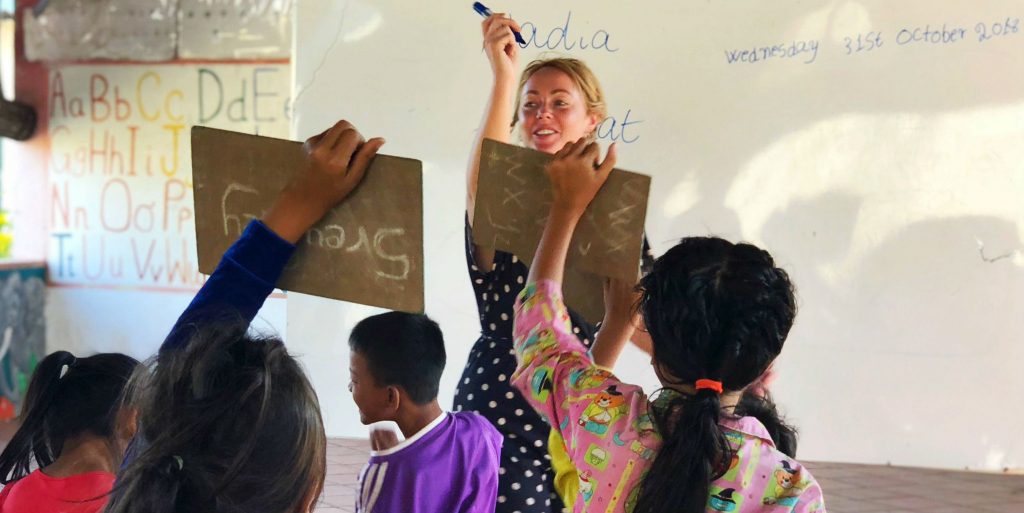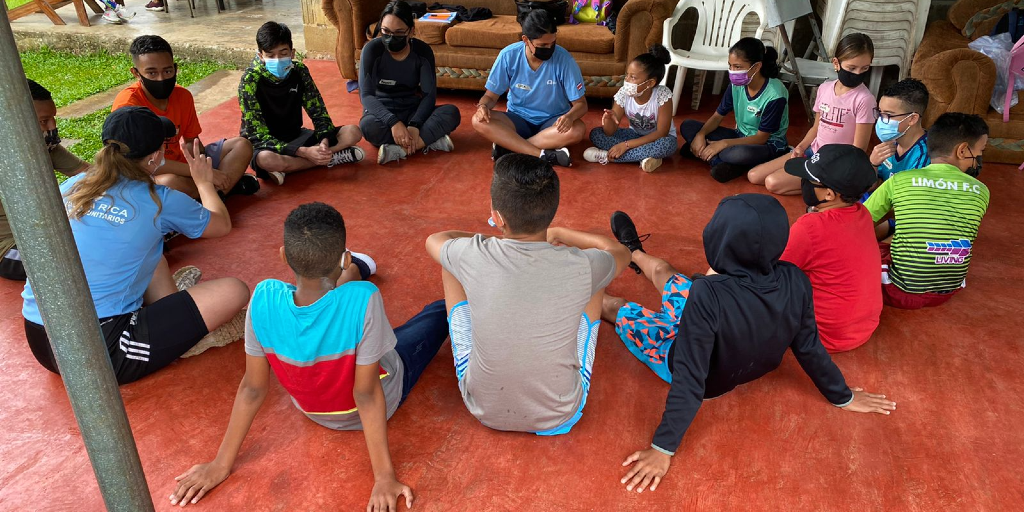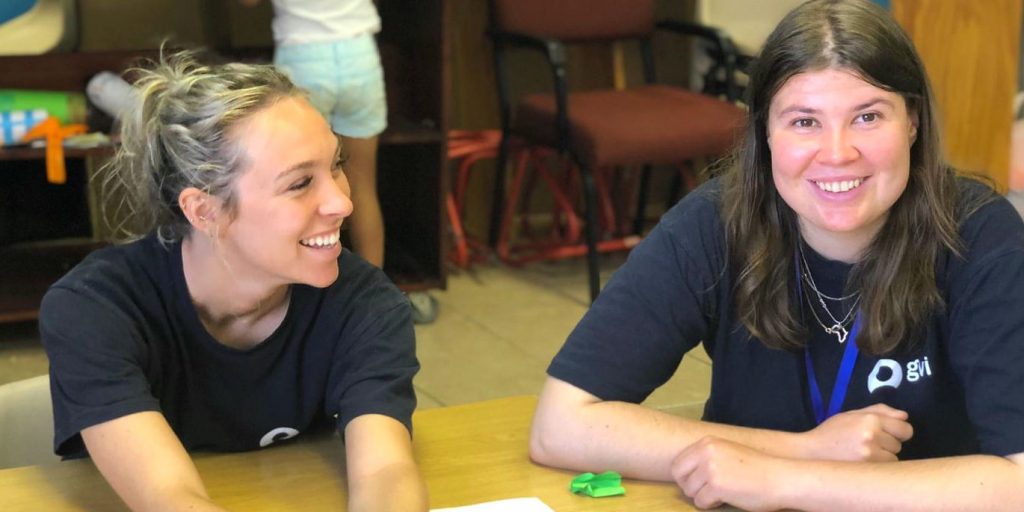This small landlocked European country is found between Romania to the west and the Ukraine to the east. Up until World War II, it was a part of Romania and if you visit both countries, you’ll see a lot of cultural similarities. Then it was part of the Soviet Union until 1991, so you’ll also see a number of similarities there. But Moldova has a lot to offer in its own right. First, it’s remote and rarely visited – making it perfect for adventurers who want to blaze a trail. Second, it has a growing wine-tourism industry and those who know wines know that some of the best in Europe come from Moldova. You’ll find traditions are still alive and hospitality in the villages is genuine. Consider these top attractions while you’re planning your trip.
1. Chisinau

This is modern and friendly place is Moldova’s biggest city and serves as its capital. Chisinau has loads of green space, parks, and historical buildings. It feels like a city with space. There’s also no shortage of restaurants, art galleries, nightclubs, spas, and casinos! You’ll want to visit Pushkin Park and the orange pyramid at the World War II memorial. You’ll find marvellous frescoes in the Nativity Cathedral, and if that’s not for you, check out the stalls of the local modern artists in the art market.
2. Orheiul Vechi

Just an hour outside of Chisinau is Orheiul, or Old Orhei, Moldova’s most incredible sight. It’s an archaeological complex with rich cultural and historical significance. It’s also a place of stunning natural beauty. Overlooking the Raut River, this open-air complex features fortifications, baths, caves, ruins, and monasteries – all which date back as late as the Dacian tribes of 2000 years ago. The ancient monuments date from various periods including the Tatar and Mongol invasions, the 10th century BC, and more recently the occupation of the Golden Horde in the 14th century. Because of the unusualness of the area, a museum has been built that offer exhibits and provide information and context for such a unique place.
3. Cricova Winery

A quick 30 minutes from Chisinau is Cricova Winery. The second largest underground winery in the world; it is definitely something to experience. You’ll find 120 kilometres of complex roadways above ground and an elaborate tunnel system underground which has been in place since the 15th century when the limestone was dug out to build Chisinau. This wonderful “wine city” includes warehouses, underground tasting rooms, and guided tours. You’ll travel 100 metres below ground and have a look at what 1.25 million bottles of wine looks like. The wine industry is growing in Moldova, which means that it’s worth bringing a bottle or two home.
4. Tipova Monastery

Located in a remote but beautiful part of Moldova, Tipova Monastery comprises three main complexes that have been dug out of the rocks along the banks of the Dniestr River. The oldest complex is the Church of the Feast of the Holy Cross (11th century). The remaining two are the Church of St Nicholas (14th century) and Horodiste (16th century). If you follow the path past the caves you’ll enjoy a nice nature hike that ends in a lovely waterfall. Within each cave are monk’s cells, enough for up to 700, though there are less than 20 monks living there now.
5. Manastirea Curchi

This monastery wins the award for the most beautiful in all of Moldova. The complex is made up of five churches, a refectory, several abbeys, and monk cells. Its beauty comes from the Bessarabia architectural style. The centrepiece for the complex is the Mother of God Church, built at the end of the 19th century. After you’ve explored the grounds and learnt about the unique history of the monastery (it was once a psychiatric hospital during the Soviet era) enjoy a nice stroll through the orchards.
6. Saharna

This small village is the one that visitors most often say they’d love to return to. The Holy Trinity Monastery is there, but it’s also a place of breathtaking natural beauty. There is a silence and calmness that permeates the place – and you, after just a short time. Saharna is a pilgrimage place for many Moldavians because of a footprint on a rock which is believed to be the Virgin Mary’s. Nature lovers will for sure love Saharna. The River Saharna has 22 waterfalls – the most famous being “Gipsy Hole” (as it’s known by the locals). Enjoy hiking that offers incredible views of the surround area and the monastery below.
7. Transdniestr

This narrow strip of land on the Dniestr River is definitely one of the oddest places in Eastern Europe. The government there has declared Transdniestr an independent republic. Though it’s a republic that doesn’t officially exist anywhere else but there. Officially still a part of Moldova; the locals here believe they won their independence during a civil war in 1992. Transdniestr has its own currency, police force, and borders while still clinging to a Soviet era aesthetic throughout the region. You’ll see plenty of Lenin busts as you’re exploring. The unofficial capital city at Tiraspol will be one of the strangest looking places you’ll see in Moldova.
8. Bendery

One of Transdniestr’s three cities, Bendery is the greener and more aesthetically pleasing counterpart to Tiraspol. Though you can still see the bullet holes that remain from the civil war with Moldova, the city itself is friendly and fun. Be sure to check out the fortress, built in the 16th century. It’s changed hands a number of times and is a great reflection of the history of the city.
9. Gagauzia

The Gagauzia region is an autonomous non-contiguous stretch of land made up of three towns and 27 villages. The culture and heritage here is primarily influenced by Turkey and although the people are largely Christians, their ancestors were Muslim refugees fleeing from war and looking for a place to lay roots. They were permitted to stay in this region only if they converted. With such a distinct history, you can image that the area is intriguing. Visit the Comrat Regional History Museum to get a glimpse of what daily life is like here.
10. Soroca

Soroca has played a large and important role throughout Moldova’s history due to its location on the Dniestr River. During wars and sieges, armies were able to defend the country well from this vantage point. The highlight is Soroca Fortress, one in a chain of military strongholds built as early as the 14th century by princes looking to fortify their position against invaders. Because of the large Roma community here, Soroca is the unofficial Roma capital. For fun, walk by the mansions of the Roma elite that line the streets of the city centre.
11. Padurea Domneasca (Royal Forest) Natural Reservation

Founded in 1993, this is the largest natural reserve in Moldova and is located in Glodeni. Here you’ll find the country’s oldest stand of old-growth oak tree where the oldest oak is estimated to be about 450 years old. Nature lovers will enjoy the many bird species with the most notable being the herons that nest near the river. Discover the area known as “One Hundred Hills,” a landscape of rolling knolls – that no one understands how they were formed. Padurea Domneasca is a great way to spend a day outdoors with Mother Nature.
12. Capriana

Sitting in a lush green forest in Capriana is one of the oldest monasteries in Moldova. Founded in the 15th century by Alexander the Good, it was once the home of the Moldavian bishop as well as Chiprian, one of the first Moldavian poets. It houses the largest convent library in the country and after years of neglect, was reopened in 1989 as a symbol of national revival. While you’re there, you can make some stops nearby to visit the oak tree of Stefan the Great and Codru, the oldest nature reserve in the country.
13. Codru Natural Reservation

The most popular (as well as oldest!) reserve in the country, Codru lies in the centre of Moldova and is made up of a series of magnificent ravines and valleys. You’ll find over 1000 species of protected plants, 145 bird species, 43 mammal species, seven reptile species, and more. There is a natural history museum on the reserve worth checking out in between solo or guided hikes. You’ll love the wide open feeling of this popular reserve.
14. Kvint

You can purchase a bottle of some of Europe’s best cognac at the entrance gate to the Kvint factory. They’ve been making top-quality cognac here since 1897 and even buying from the street vendors here will give you value for your money. Located in quirky Tiraspol, the locals consider Kvint to be a national symbol and its image is even on the Transnistrian five ruble banknote. They produce about ten million litres a year and you can sign up for a daily tasting tour.
15.Taul Park and Pommer Manor

Located in Taul Village, Taul Park is the largest in the country. Inside the park is the stately manor house of Ivan Pommer, which was built at the beginning of the 20th century. It’s a testament to landscape architecture and was highly revered in its time. The park itself is comprised of two parts. The upper part is where you’ll find the manor house with tons of footpaths being swallowed by amazing flower beds. The lower park feels more like a forest. Various tree groups have been planted and each group is characteristic of a different geographical area. Discover 150 varieties of trees and bushes – many exotic – when you walk the 12.5k of trails.








:max_bytes(150000):strip_icc():format(webp)/critical-thinking-definition-with-examples-2063745-updated2020-10ac813131654257b3e637fe20050ef7.png)